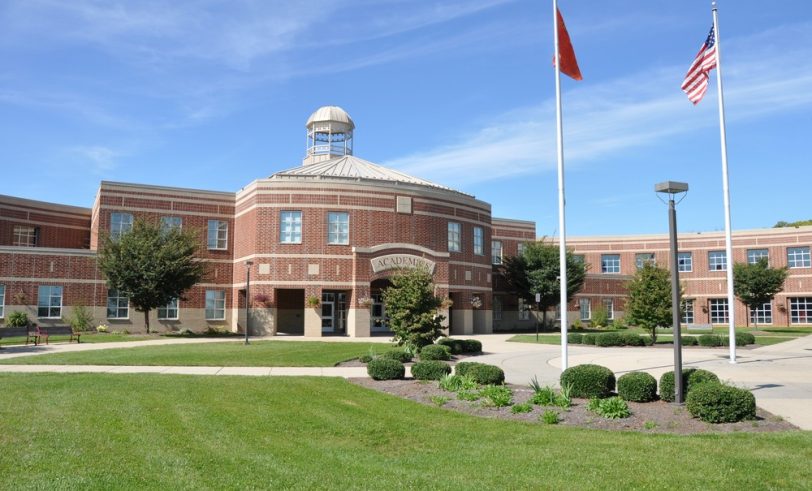Before Governor Parson signed Senate Bill (SB) 727 into law, opinion columns across Missouri were filled with statements of opposition. Among a laundry list of things in the bill is an expansion of the MOScholars program. MOScholars provides funding for students to attend non-public schools via donations from taxpayers. The donors in turn receive a credit toward their taxes. For the most part, SB 727 opposition focused on this part of the bill
David Rosman provided a typical example of this criticism in an editorial for the Columbia Missourian: “Conservative religious leaders and politicians see public education as inferior to private, charter and religious education, but there is no proof supporting that belief.” Rosman then goes on to support his claim by arguing that we do not have an effective way of comparing public and private schools academically, noting that public schools have to accept all students, and pointing out that public school students have won more Scripps National Spelling Bee titles.
It is not clear that Rosman’s examples actually support his claim, but the bigger problem is the claim itself. He says proponents of school choice support the cause because they think public schools are inferior, particularly in the area of academics. Yet academics is just one of the many reasons families support having school choice options.
While I’ve never met a parent who has chosen a charter school or a private school because they believe it will help their child win the Scripps spelling bee, I have met many parents who chose a charter or private school because their children felt bullied in their assigned public school or because they did not feel their children’s needs were being met. I have met parents who have chosen an arts school for their children and some who have chosen a STEM school. And, yes, I have met many parents, from nearly every faith tradition, who have chosen a religious school for their children.
When advocates argue for school choice, it is not because we think all private schools are inherently better than all public schools. Quite the contrary. There are many excellent public schools and many private schools where I would never send my own children. This is not a public versus non-public issue. It is a choice versus no-choice issue. It is a freedom versus control issue.
Proponents of school choice believe parents should be able to direct the upbringing of their children. They also believe that parents should be allowed to choose the type of school that best meets the needs of their children and aligns with the goals of their family.
In short, school choice supporters see assigning students to schools as inferior to a system that allows people to choose from a myriad of educational options.


